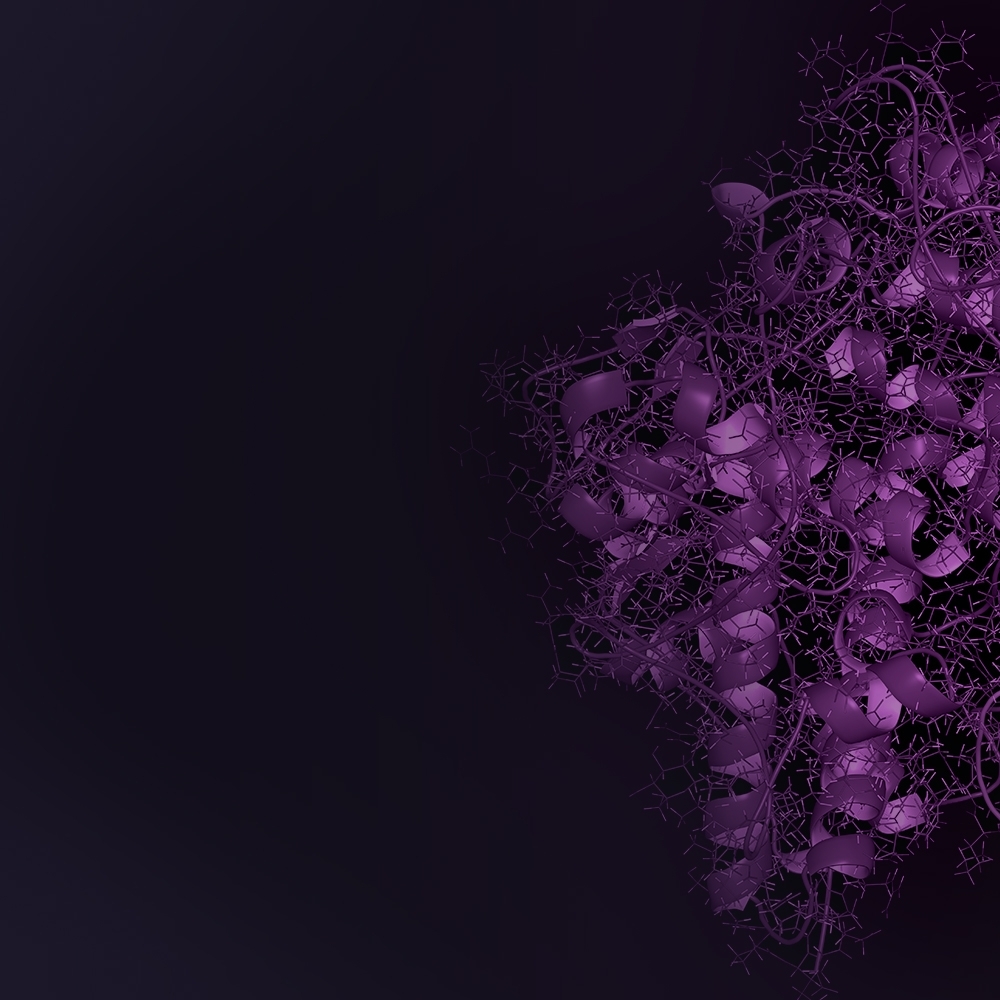Patent Assistant
MSc Biochemistry, University of Oxford
PhD (Dr. rer. nat) Computational Developmental Biology, Heidelberg University
Thank you
June graduated from the University of Oxford in 2018 with a Master’s degree in Biochemistry. Her thesis was focused on utilising small, synthetic RNAs for gene expression in synthetic biology applications. During this time, she represented the University of Oxford in the 2015 iGEM (international Genetically Engineered Machine) competition, and engineered biofilm-degrading bacteria delivered in bead form.
She then completed a PhD in Computational Developmental Biology at Heidelberg University – EMBL (European Molecular Biology Laboratory) Barcelona. She investigated the self-organisation of periodic structures in biological development using a mouse embryo model. She also used computational models to explore to what extent these self-organising structures can be explained by mathematical concepts such as reaction-diffusion. During her PhD, she gained experience in image analysis, basic modelling, novel cell/organ culture, and mouse breeding. With her idea of applying AI-based image analysis to embryos, June won second prize in a Startup Lab pitching event organised by Heidelberg University technology transfer agency.
Originally from South Korea, June is a native speaker of Korean. In her spare time, June enjoys cooking and playing the flute.
June joined Keltie as a trainee Patent Attorney in March 2023.

17.02.2025
Advancing biomolecular modelling: Using AI to predict biomolecular interactionsIn this article, we take a look at how Artificial Intelligence (AI) is being used to predict complex biomolecular interactions.

29.04.2025
Case Law Review: Board of Appeal Decision T 1741/22Patent applications related to data processing often fall foul of the EPO’s exclusions on “mathematical methods”. Applicants in the MedTech space in particular may find it far easier to protect the hardware in their wearable devices and tools than to protect the software that processes and analyses that data. A recent board of appeal decision T 1741/22 seems to contradict the Guidelines for Examination and previous Board of Appeal decisions. This decision may shed some light on how the EPO may approach these data processing applications in future.
13.06.2024
Europe’s Leading Patent Law FirmOtherLess related knowledge
Thank you